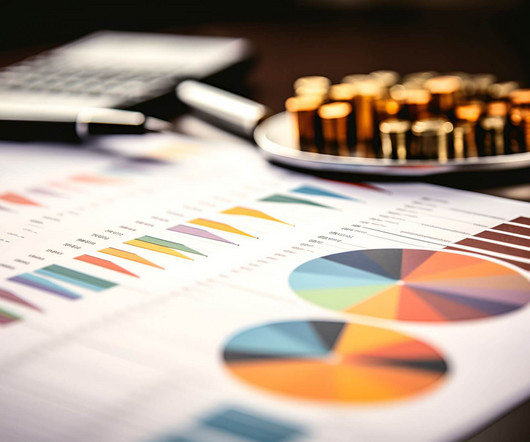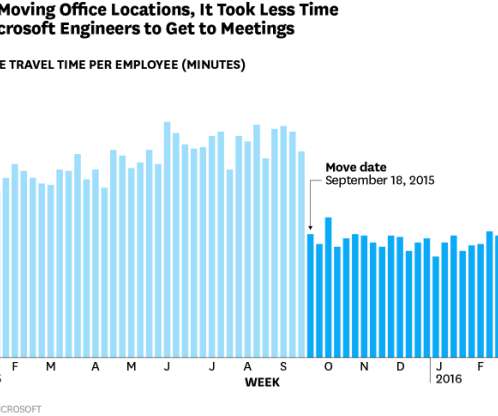Data science vs data analytics: Unpacking the differences
IBM Big Data Hub
SEPTEMBER 19, 2023
Though you may encounter the terms “data science” and “data analytics” being used interchangeably in conversations or online, they refer to two distinctly different concepts. Meanwhile, data analytics is the act of examining datasets to extract value and find answers to specific questions.















Let's personalize your content